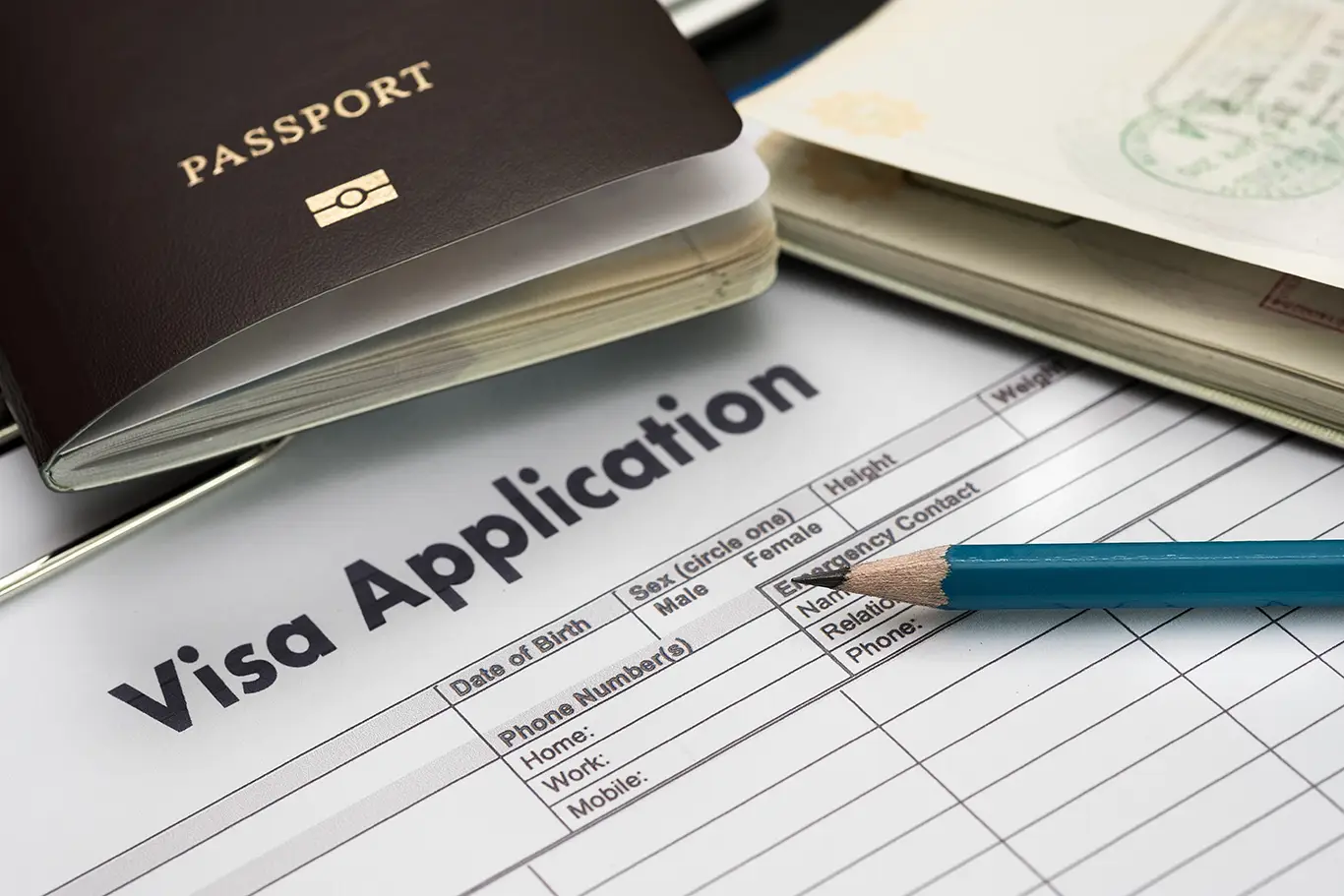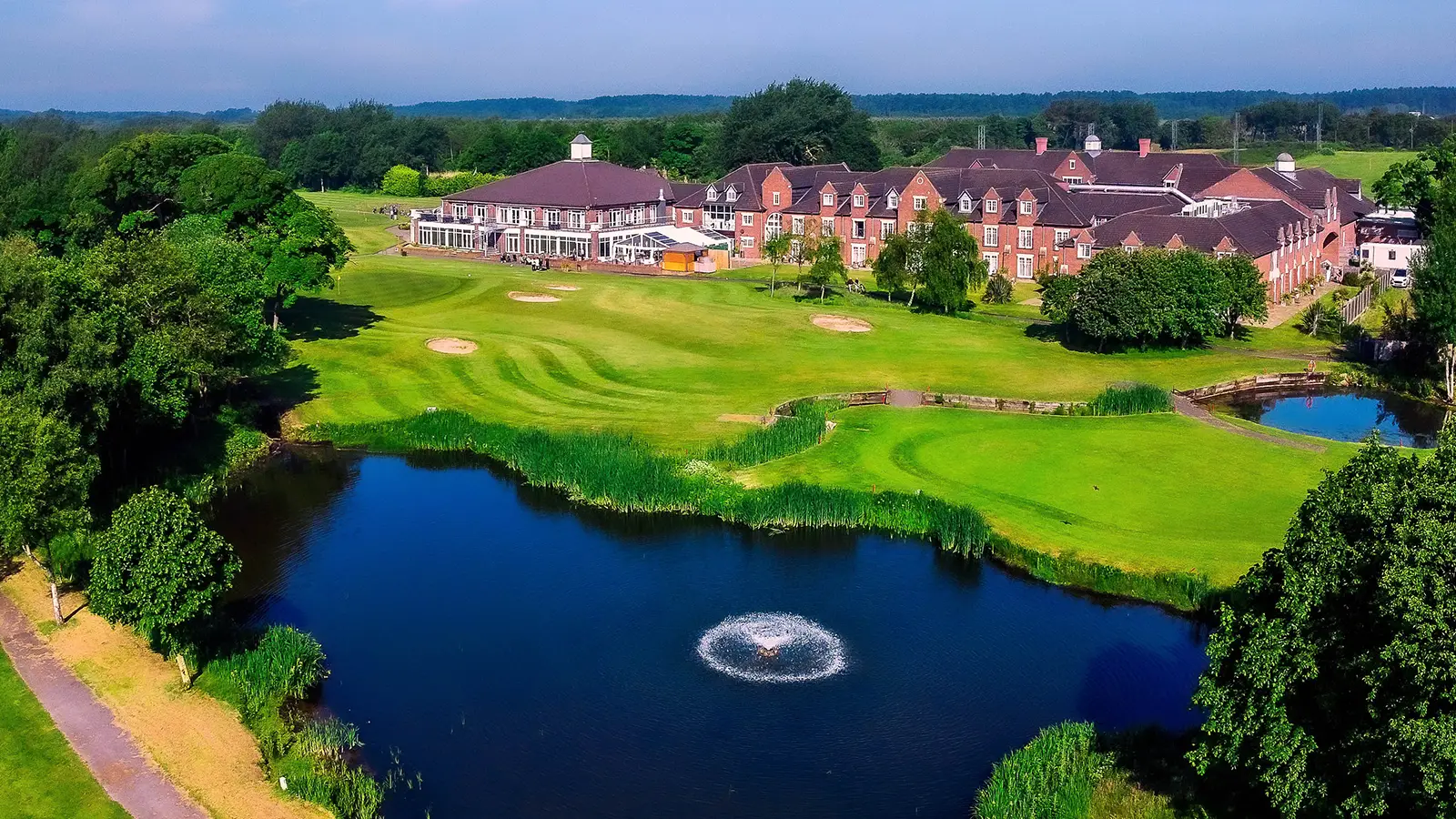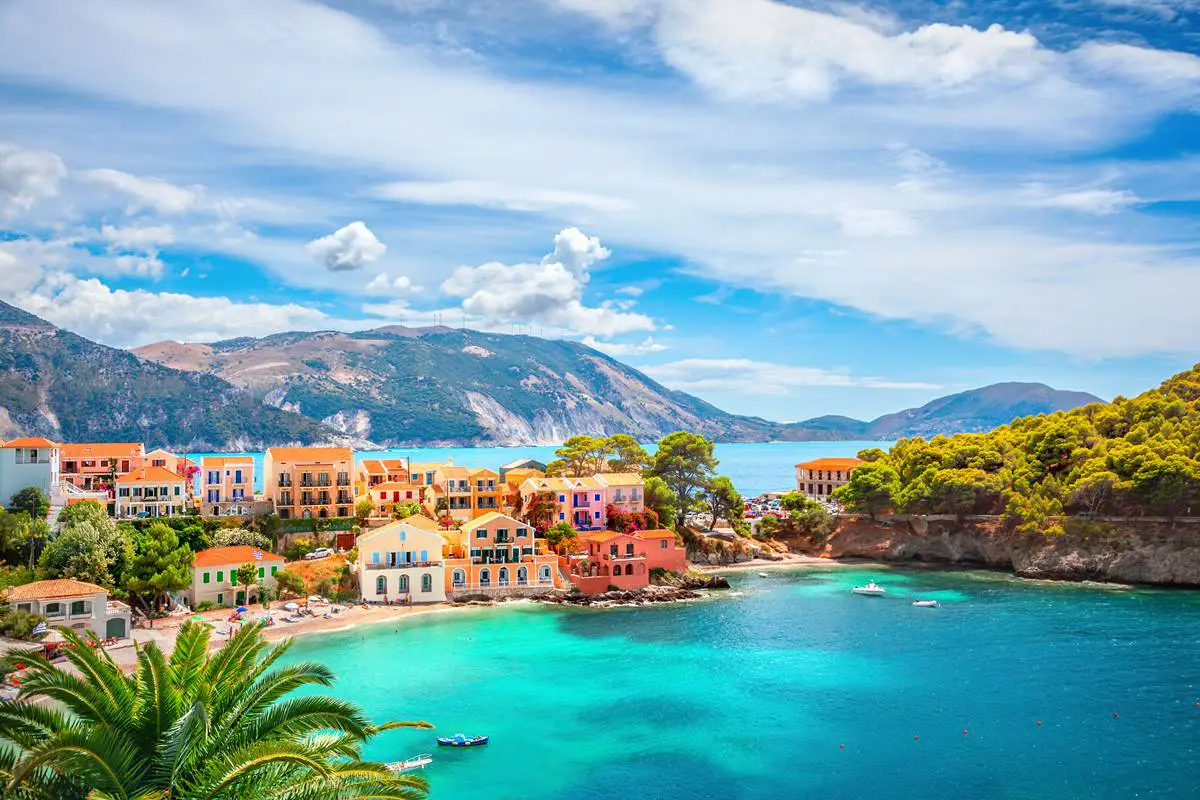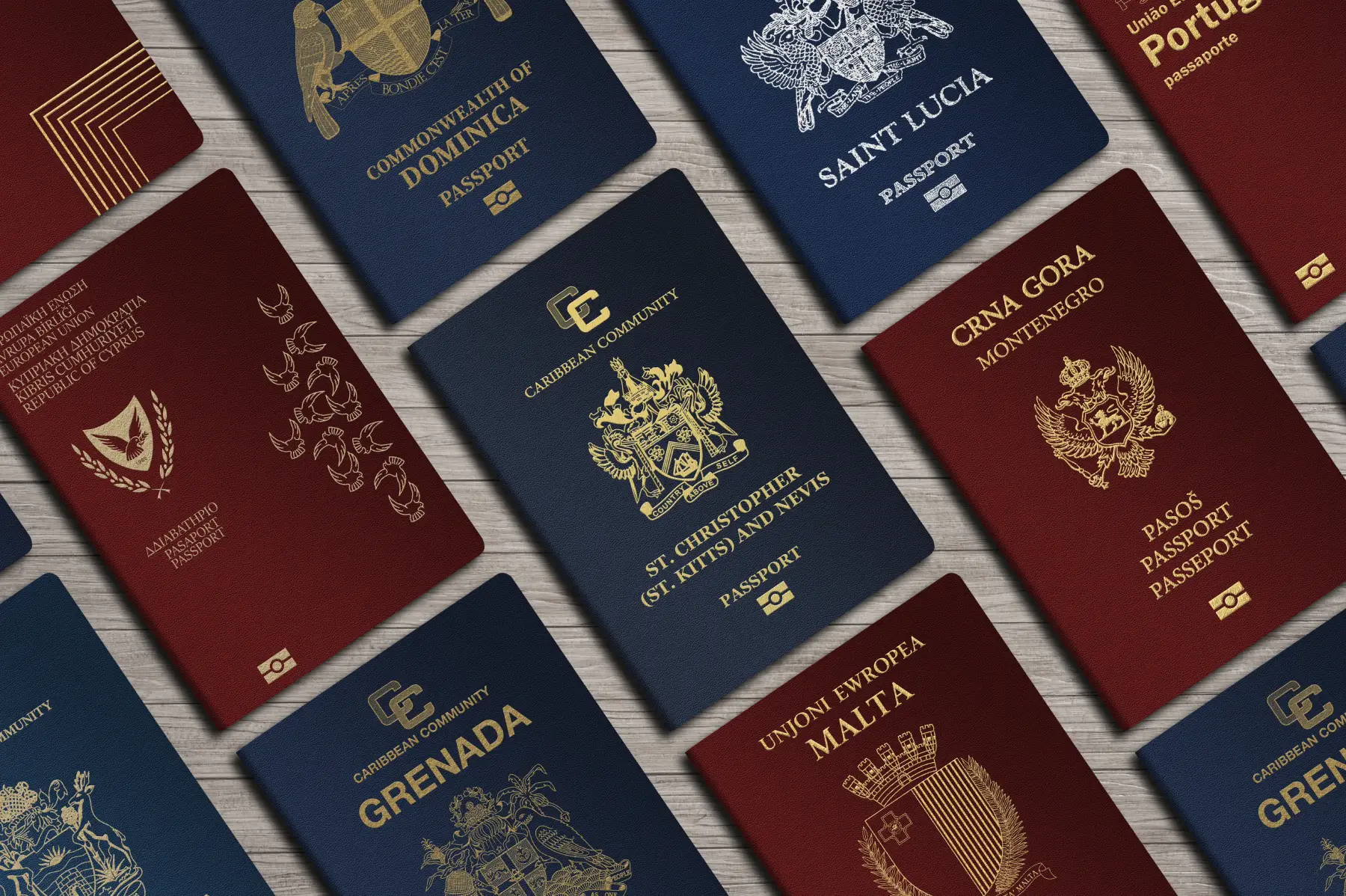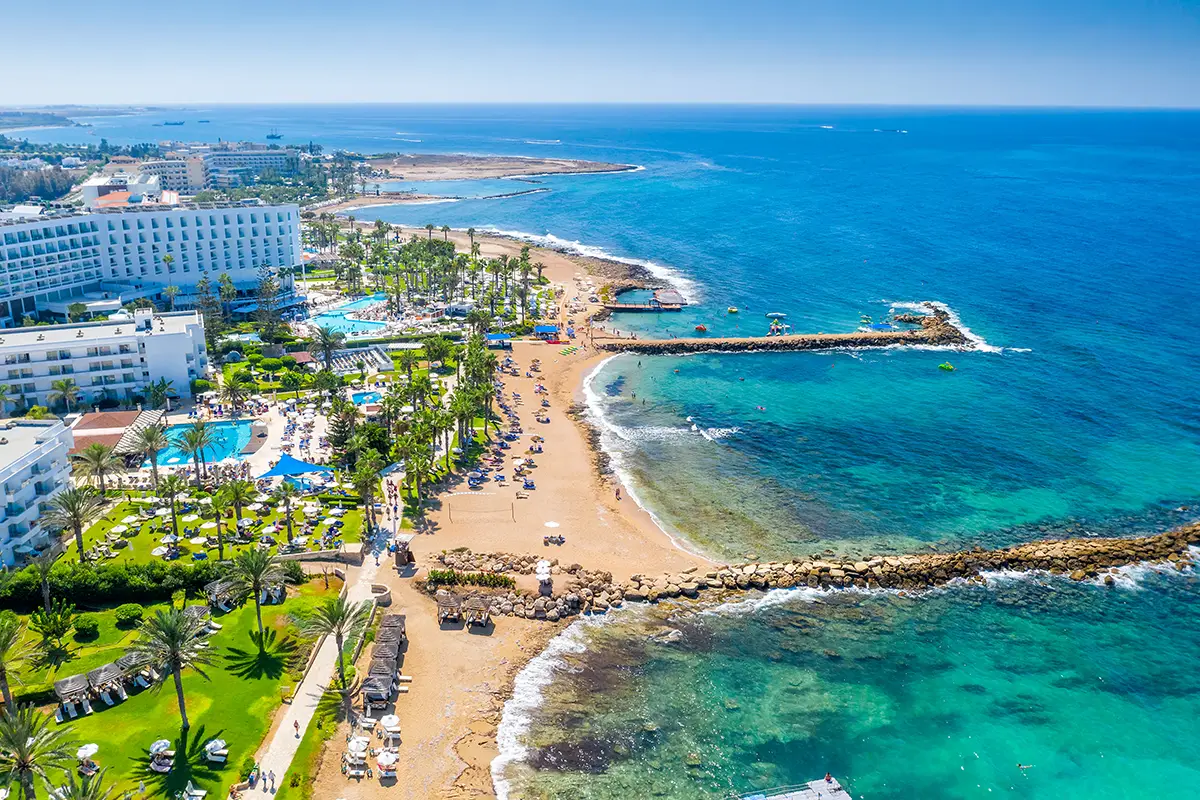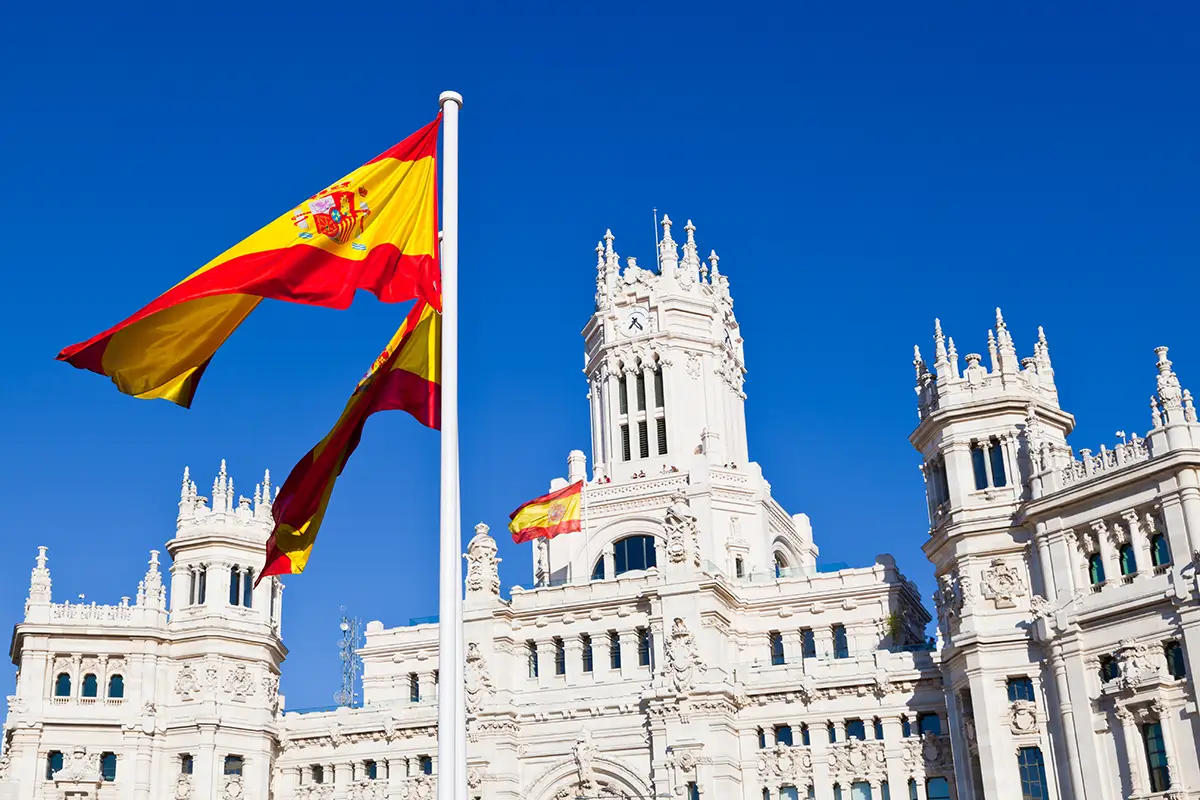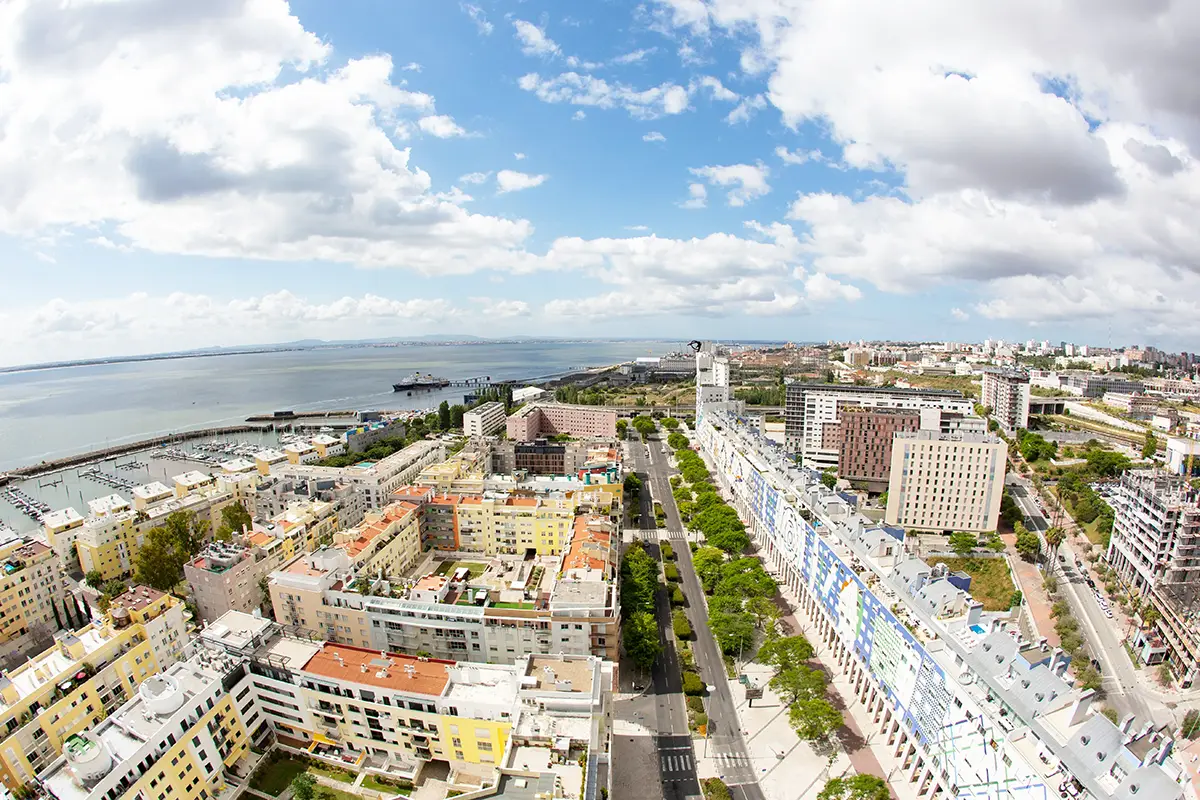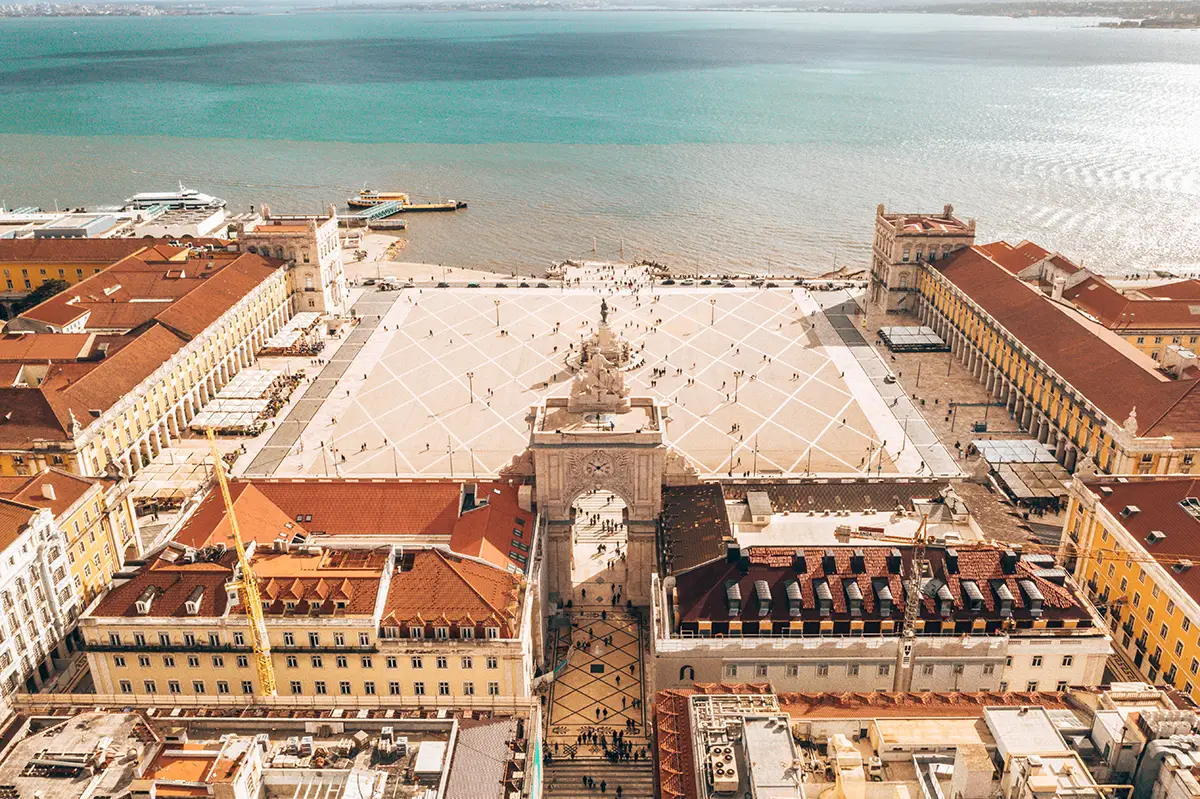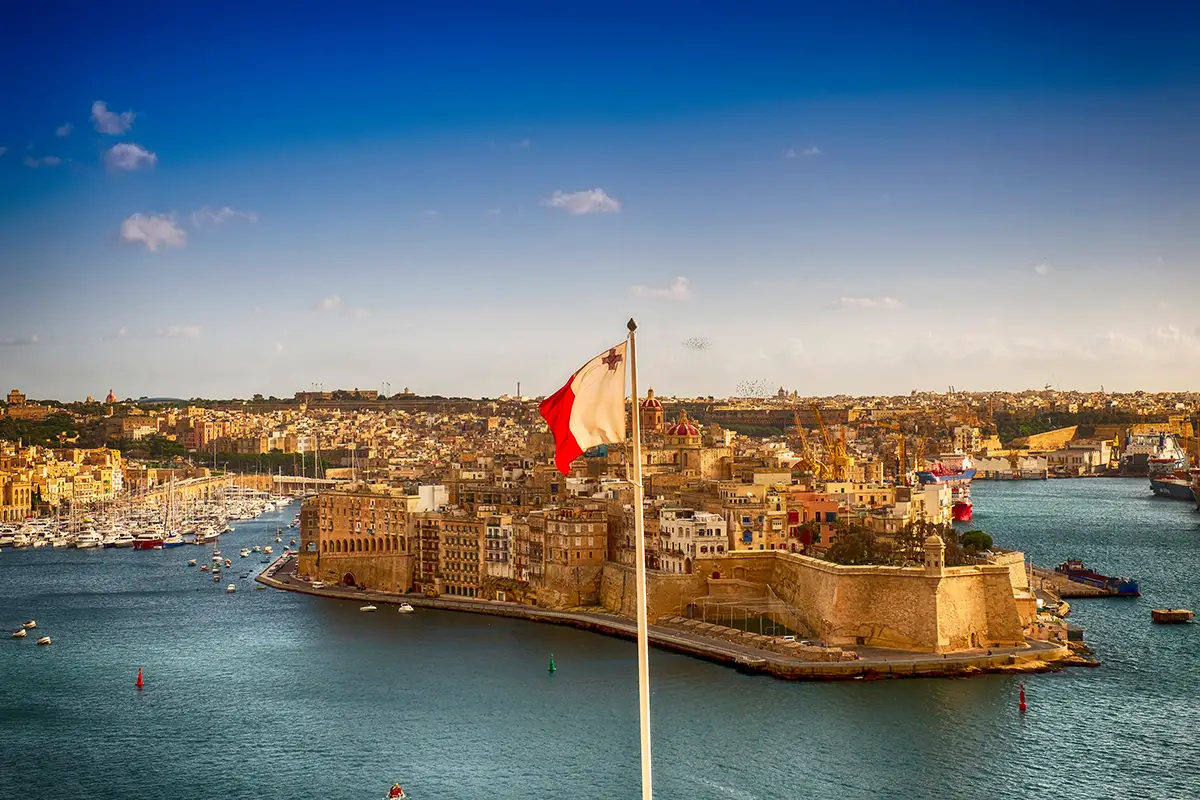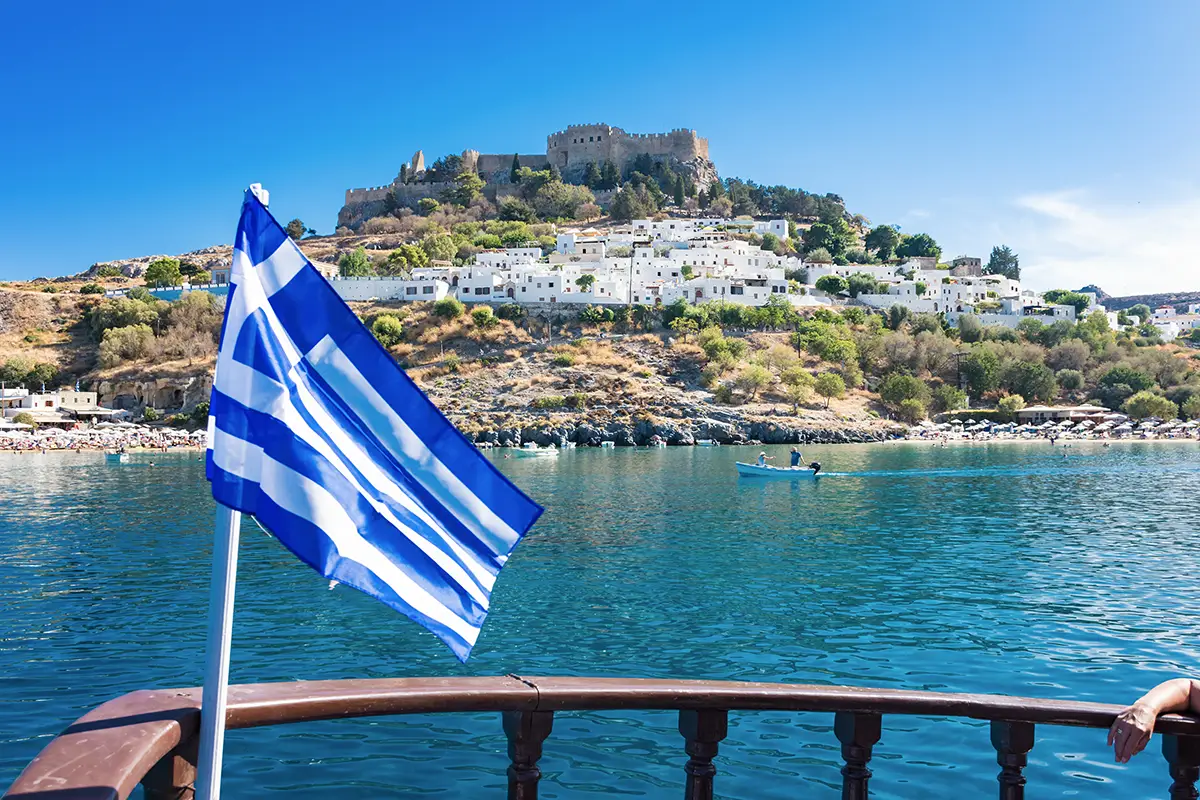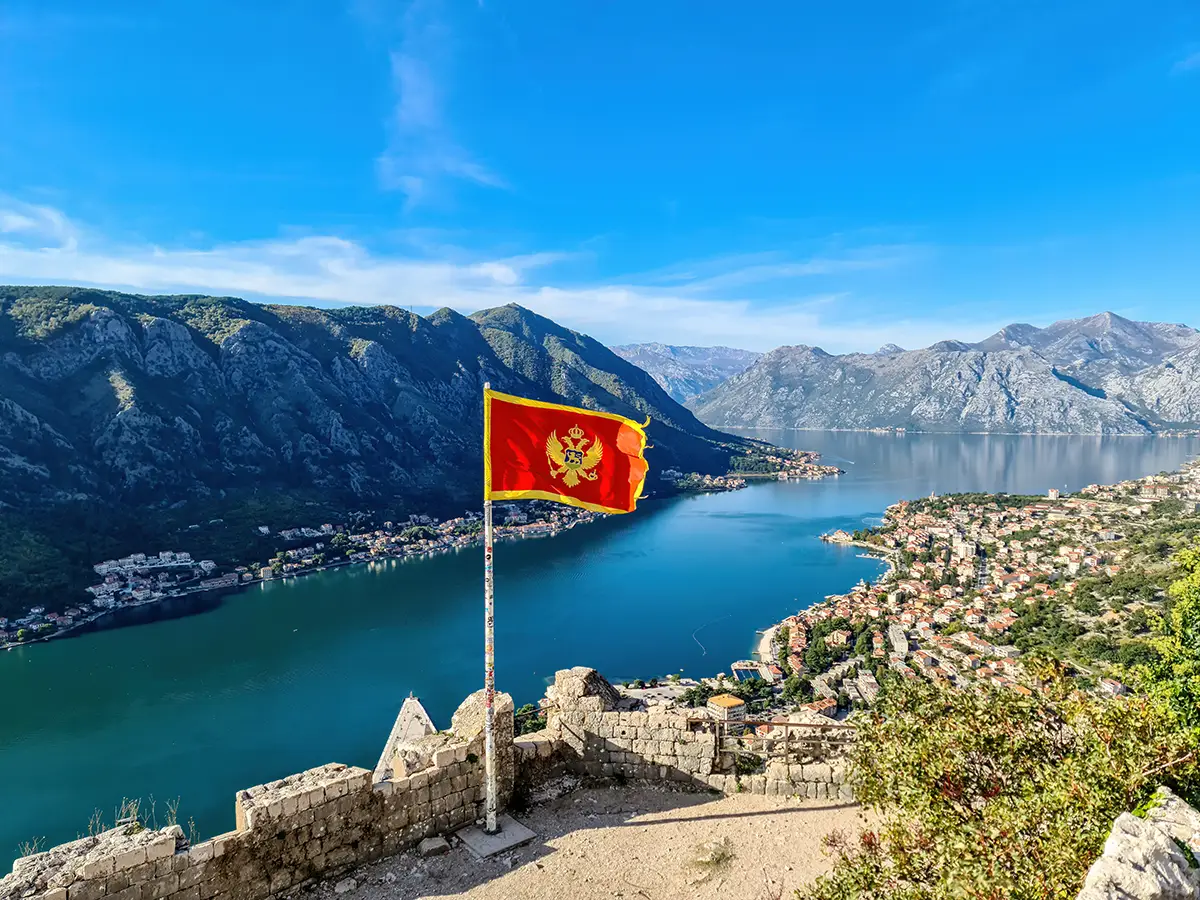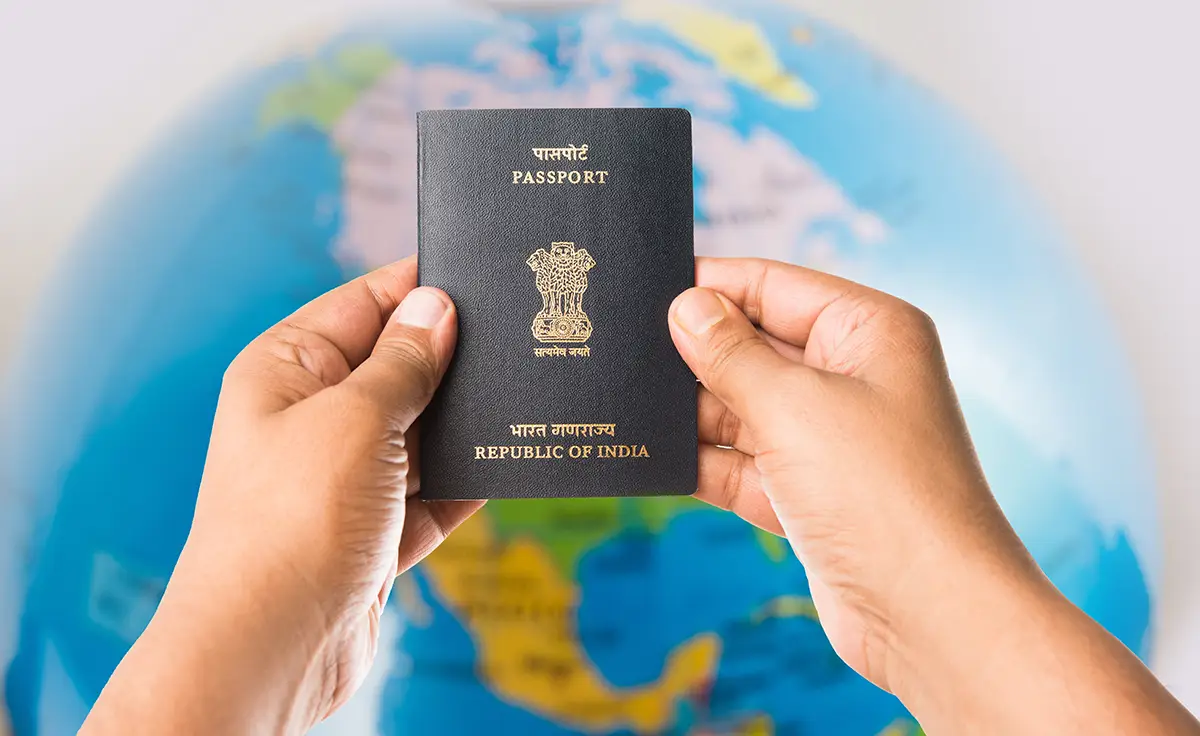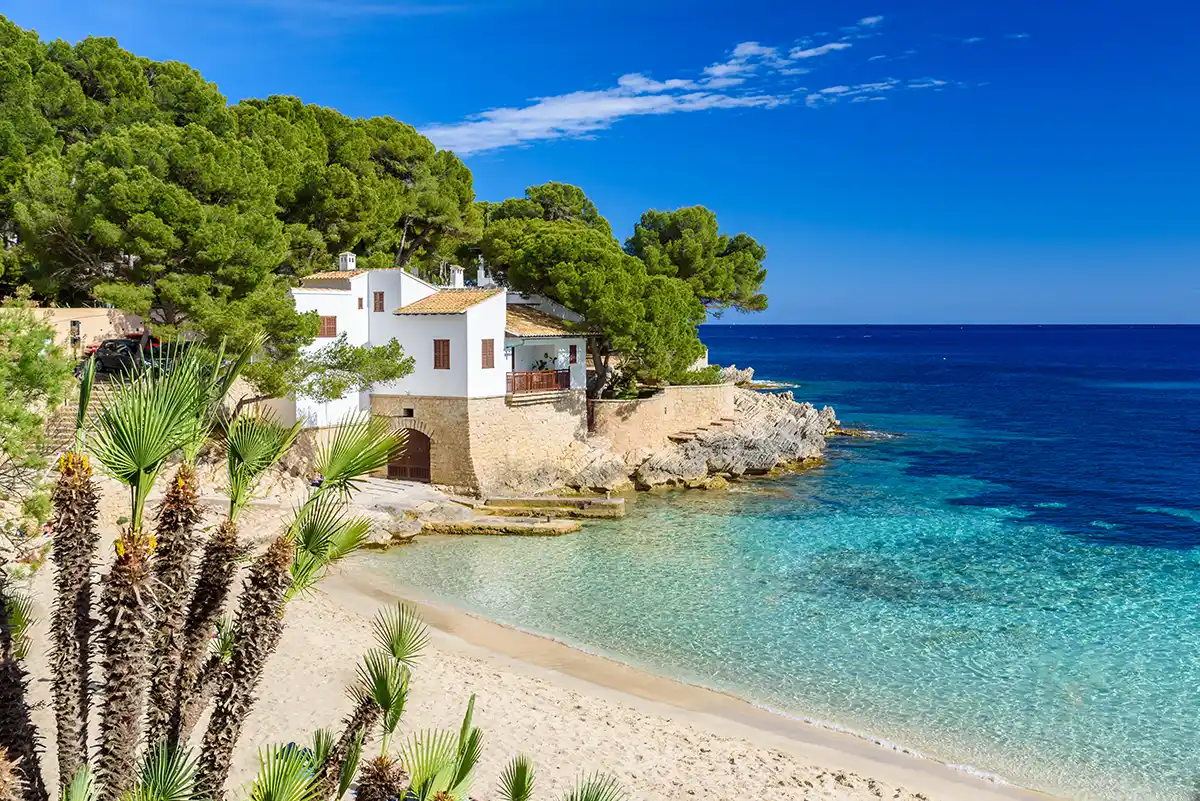Becoming a Citizen
Odds are that you are already a Citizen of a specific country. Most people around the world acquire their first citizenship entirely by chance, either by blood or by soil, since no one can choose or control the circumstances of their birth. However, this is not the case for everyone. In our modern age, statelessness occurs when a person is not recognized as a national by any state under its legal provisions, and continues to be an issue.
In contrast, it is possible to later in life acquire citizenship in a nation different from one's country of origin. The key difference is that this step represents a choice, and obtaining a second citizenship is possible and achievable through a myriad of ways, including Naturalization, Citizenship by Investment programs, and Descent.
How is a First Citizenship obtained?
Published in 1948, the United Nations’ Universal Declaration of Human Rights Article 15 states that “everyone has a right to a nationality” and that “no one shall be arbitrarily deprived of his nationality nor denied the right to change his nationality”. Despite not being international law, this foundational text for inalienable human rights and freedoms has served as the basis and has influenced countless international treaties, including binding treaties ratified by all 193 countries in the United Nations.
Ever since there has been a worldwide active effort to reduce statelessness. In this sense, many countries around the world have adopted a Jus Sanguinis or Jus Solis approach to automatically enabling Citizenship status.
Literally meaning the “right of blood” the Latin term Jus Sanguinis is a foundation of nationality law, in which a child’s Citizenship is determined by the nationality of one or two parents. In countries where the law is based on this concept, it means that if your parents are a certain nationality, your Citizenship will be the same as theirs. Jus Sanguinis derives from Roman law, which influenced and is the basis for most modern law systems in Europe, Asia, Africa, and Oceania.

On the other hand, Jus Solis, which translates to the “right of soil” is a distinct national law principle. Countries that have adopted this approach to their law allow anyone to become a Citizen, so long as they have been born in their territory. Fundamentally, it means that any child born in another country automatically gains Citizenship status, even if it has no ancestral and blood ties to the land. Jus Solis is predominant in the Americas and derives from English common law. In an attempt to entice migration movements from Europe, nascent nations in the Americas often had a relaxed way of approaching Citizenship status and easily granted it, something which has carried over to today’s age.
It is important to note no country offers solely one approach or the other. Most provide a mix of both, though there is usually an inclination toward a specific one. In Europe, for example, Jus Sanguinis is the predominant approach, with some countries having conditional Jus Solis. Researching the country’s nationality law will prove essential, as this can vary deeply depending on the country at hand.
How to obtain a Second Citizenship via Descent
One way to obtain a second citizenship is via descent. In countries based on the Jus Sanguinis approach to nationality law, second Citizenship can often be attained by providing proof of a blood connection to the country. This occurs through a direct ancestor who had to have been originally a Citizen of such a country.
As melting-pot countries, citizens from the United States, Canada, Australia, and New Zealand tend to have varied and extensive familial backgrounds. This translates into high and probable chances of having a blood connection to another country.
For example, the European country of Portugal allows you to become a Portuguese citizen if at least one of your parents or grandparents is a citizen themselves. This is extremely subjective and varies depending on the country.
In this sense, this path to the acquisition of a second Citizenship is entirely unique, since it requires special genealogical documentation, something not typically demanded during the process of naturalization or through Citizenship by Investment programs.
The most enticing part of obtaining Citizenship by Descent is the prospect of getting a second and free passport. This can truly be life-changing, as it can provide a legal means of lowering your tax burdens. It can also open previously difficult-to-access or closed-off investment markets. With an EU passport in hand, you also have the inalienable right to access the respective country’s public healthcare and education systems and the right to live, work, and study in its territory. The greatest benefit may yet be the ability to travel the world visa-free, as European Union countries undoubtedly have the world’s most powerful passports. You can also extend these dual citizenship benefits for your children, ensuring generational wealth, and that your family remains connected to its roots as you pass down this invaluable legacy.
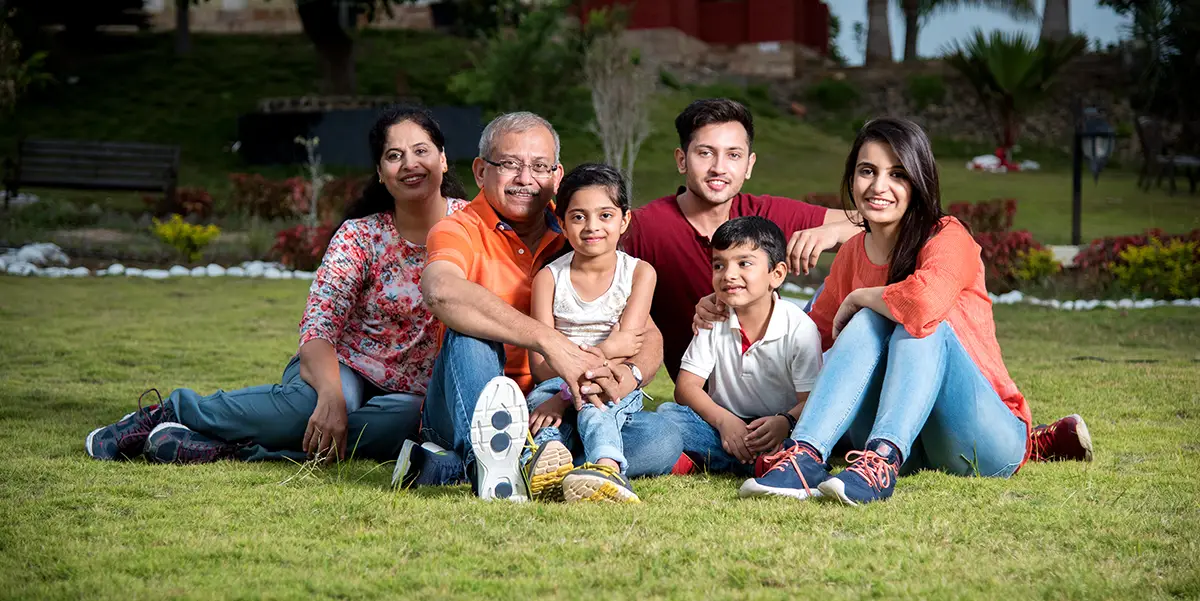
While this option is by far the most cost-effective option for obtaining dual citizenship, it can be extremely time-consuming and bureaucratic.
First, there is the need to actually have familial ties to another country. This requires concrete proof of a blood connection in the form of solid, verifiable documentation. Most complications from obtaining Citizenship by Descent derive from this.
For example, you might think your ancestry binds you to a specific place, such as Greece, but human beings are fallible, knowledge is lost to time, and your ancestry might come from Italy instead.
Dual Citizenship is also a fairly recent phenomenon. For the largest part of the 20th century in the United States, Dual Citizenship was not possible. To be a U.S. Citizen, one had to renounce their original Citizenship. This stance only softened completely in 1986, with the Amendment to the Immigration and Nationality Act, in which the country clarified that, in taking allegiance to a foreign state, U.S. citizens did not lose their nationality. This means that immigrants who had arrived in the country before 1986 and had already become U.S. Citizens had to relinquish their original citizenship. Because of this, their descendants may have more difficulty in claiming their ancestors’ citizenship through jus sanguinis. The situation, naturally, depends on each foreign country’s legislation. Some are more flexible, while others are not, and these idiosyncrasies must be considered before choosing to pursue Citizenship by Descent.
Wait times also play a key role. Besides the required documentation, government agencies take their time to formally process these requests, since public records may be harder to access due to modern privacy laws or may not even exist anymore due to a myriad of reasons. There might also be associated costs and fees with processing these applications.
In the end, it may not even prove worthwhile. There are no certainties Citizenship status will be granted, as it is dependent on several factors, and the amount of time you have put into researching your ancestry, while interesting, ended up bearing no fruitful results.
How to obtain a Second Citizenship via Investment Visa Solutions
Countries with investment visa programs boast an alternative way to secure a second Citizenship. These programs, also known as Golden Visas and Golden Passports, enable foreign investors to become either Residents or Citizens via an investment in the country’s economy.
While Golden Visas are typically associated with Residency by Investment programs, countries with this mechanism often provide a path for Citizenship after a set amount of time. The Greece Golden Visa currently stands out from the rest in the European Union, with the purchase of Real Estate qualifying for the acquisition of Residency status.
Golden Visas can also be Citizenship by Investment programs, and these tend to be more common in the Caribbean, though they exist in Europe and the South Pacific as well. These mechanisms create a straightforward path to Citizenship, bypassing Residency requirements, usually offer sizeable tax benefits, and are laxer when it comes to minimum stay requirements.
Antigua and Barbuda, Dominica, Grenada, Saint Kitts and Nevis, and Saint Lucia all provide enticing, affordable options for pursuing their passports. Visa-free travel to countless destinations worldwide, tax benefits, and family inclusion, among many other benefits, all the while also offering the dreamy Caribbean lifestyle, truly make these countries worthwhile to obtain a second citizenship.
Investment Visa programs are at the very core of our company, reflected in our name, culture, and philosophy. Every year, we help guide hundreds of investors to their second citizenship abroad. Committed to the utmost personalized service, we strive to always satisfy the needs of our clients and go beyond expectations. Do not hesitate to contact us and start your journey toward a brighter future.















































